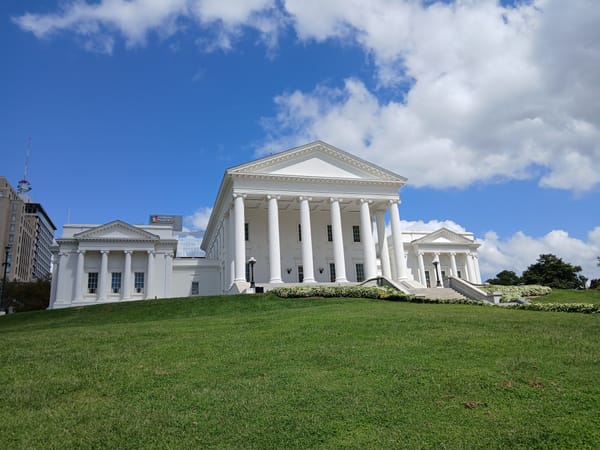Archives and Open Content
(I originally wrote this a week ago, before this article was posted, but they dovetail well.) In the course of my work I did a brief survey of the copyright policies of some academic libraries and their archives, specifically focusing on websites and finding aids. I found that most libraries and archives claim copyright over their websites, almost all archives claim copyright over their finding aids, and some claim copyright over digital content while others license it under some sort of Creative Commons license. Why don't more archives license their finding aids using Creative Commons? Many archives already link finding aids to the Wikipedia pages of that person, so why not allow them to be used as source material for Wikipedia? I would guess that, for most repositories, it simply comes down to the fact that no one has ever thought about it and people don't think its worthwhile to spend time trying to change it. However, having people use your materials in any public way can serve as advertising. With photographs its a little trickier, because you have to figure out who owns the copyright and/or the rights of publicity, but the general principle still remains. That is why many archives include the non-commercial clause when licensing their materials under a Creative Commons license: it still allows them to limit their liability while still letting people use the images. If someone needs that image for a book or some other commercial venture, they can then come to an agreement with the archive on an individual basis. Archives are never going to make any real money through licensing fees, reproduction fees, and the like. I bet many archives don't even break even on those kinds of fees when you take into account the staff time needed for reproductions, time hunting down materials, and the like. But archives should be getting their materials out there, into digital repositories and onto Wikipedia, not to make money transactionally but to show everyone what we are doing and why we are important. Hopefully then the grant funding agencies, our own institutions, and the general public will realize how important we are, what awesome materials we have, and that we are not scary and imposing places. Putting this content out there allows the very bodies that fund us to see what we are doing, what materials we are maintaining, and that we are a laboratory for the humanities. Putting our materials under Creative Commons licenses allows people to take our material and do cool things with it that we would never have dreamed. While it might not change anything, it has a better chance of curing our funding woes than fees.
